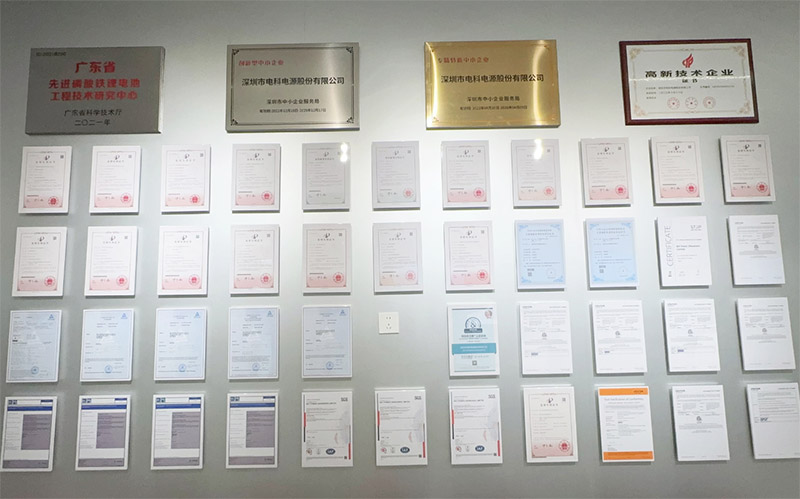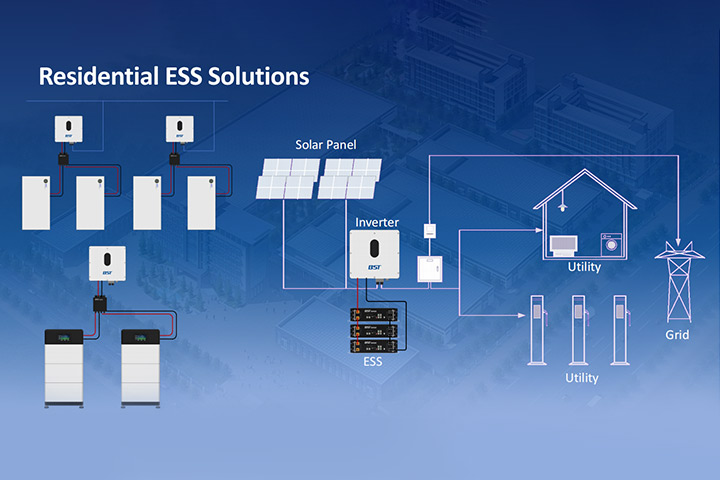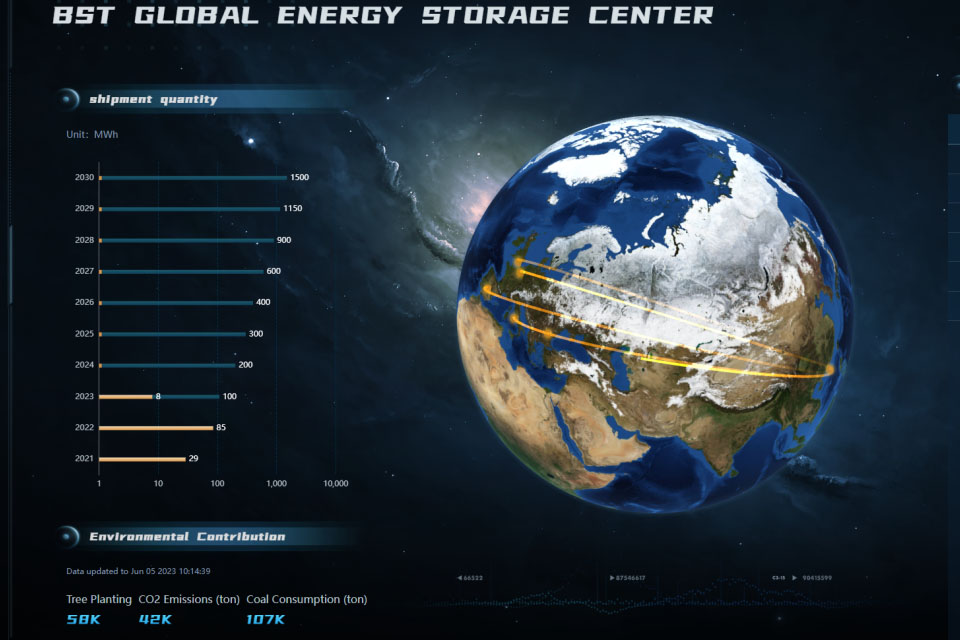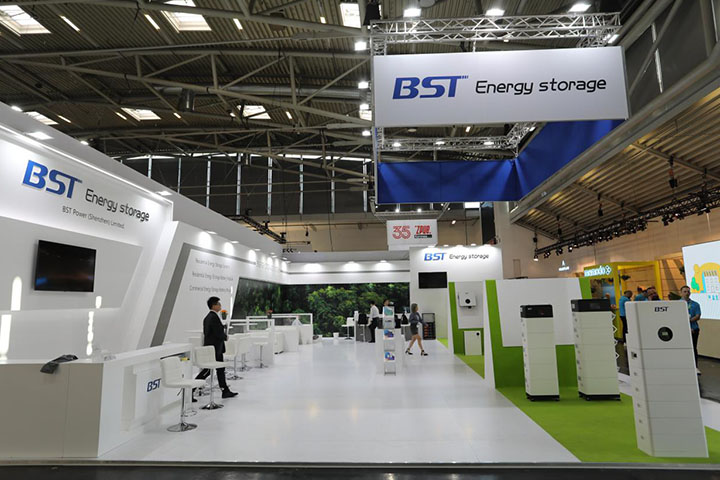With the widespread application of lithium batteries in consumer electronics, energy storage systems, and electric vehicles, product safety, reliability, and performance stability have become core concerns for markets worldwide. To ensure compliance with national regulations, guarantee user safety, and meet transportation and market access requirements, lithium batteries must undergo various rigorous certification systems. Why is lithium battery product certification necessary, and what are its key significances?

The Importance of Product Certification
- Compliance with Laws and Regulations to Ensure Market Access
Each country has established specific regulations and technical standards for lithium batteries. Companies must pass certifications to legally sell their products. For example, China requires CCC certification, Korea enforces KC certification, and India mandates BIS certification. These regulations ensure the healthy development of the market and establish a fundamental threshold for businesses entering target markets. - Ensuring User Safety
Product certification verifies the safety of lithium batteries during use. For instance, UL (North America) and CB certifications (IEC member countries) focus on preventing hazards such as overheating, short circuits, and electrical leakage. These measures directly reduce the risk of accidents and enhance consumer trust in products. - Meeting Global Transportation Requirements
Lithium batteries pose potential safety risks during transportation, leading to strict standards in various countries. For example, UN38.3 ensures that lithium batteries remain safe under conditions such as vibration, shock, or high temperature during transit. Additionally, the Cargo Transport Condition Identification Certificate (CSTCG) is essential for domestic air transportation in China. - Industry Standardization and Market Competitiveness
Certain industry associations have established specific certification standards, such as CTIA (Cellular Telecommunications and Internet Association) in the U.S., which standardizes battery applications in wireless devices. Achieving these certifications not only demonstrates a product’s compliance but also helps businesses stand out in competitive markets.
Global Certification Requirements for Lithium Batteries
To help companies understand specific requirements, the table below summarizes the primary certifications and standards for lithium batteries, energy storage systems, and inverters in major markets.
Key Certifications and Standards for Lithium Batteries
| Certification | Applicable Region | Function | Mandatory/Voluntary |
|---|---|---|---|
| UL1642 / UL2054 / UL1973 / UL9540 | North America | User safety | Mandatory |
| CB (IEC62133 / IEC62619) | CB Member Countries | User safety | Mandatory |
| CE (LVD, EMC) | Europe | User safety | Voluntary |
| CCC (GB31241) | China | User safety | Mandatory |
| UN38.3 | Global | Transportation safety | Mandatory |
| CSTCG (Cargo Transport Certificate) | China | Transportation safety | Mandatory |
| PSE (JIS C8712 / JIS C8714) | Japan | User safety | Mandatory |
| KC (K62133) | Korea | User safety | Mandatory |
| TISI (TIS 2217) | Thailand | User safety | Mandatory |
| BSMI (CNS15364 / CNS62619) | Taiwan | User safety | Mandatory/Voluntary |
| BIS (IS16046) | India | User safety | Mandatory |
| RCM | Australia | User safety | Mandatory |
Key Certifications and Standards for Energy Storage Systems
| Certification | Applicable Region | Function | Mandatory/Voluntary |
|---|---|---|---|
| UL9540 | North America | User safety | Mandatory |
| FCC (part 15) | North America | User safety | Mandatory |
| EN/IEC62040 | Europe | User safety | Voluntary |
| EMC | Europe | User safety | Mandatory |
| IEC62040 | Australia | User safety | Mandatory |
Key Certifications and Standards for Inverters
| Country/Region | Safety Standards | EMC Standards | Grid Connection Requirements |
|---|---|---|---|
| China | CNCA/CTS0022 | GB/T 17626 | GB/T36547/36548 |
| North America | UL1741, CSA C22.2 No.107.1 | FCC | IEEE1547/CPUC Rule21 |
| Europe | IEC62109-1/2, IEC62477-1 | EN 61000-6-1/2/3/4 | EN 50549-1/2 |
| UK | Same as Europe | Same as Europe | G98, G99, G100 |
| Germany | Same as Europe | Same as Europe | VDE4105/VDE0124/VDE0126 |
| Italy | Same as Europe | Same as Europe | CEI 0-16/CEI 0-21 |
| France | Same as Europe | Same as Europe | VFR/VDE0126 |
Conclusion: The Role and Significance of Product Certification in Market Safety
Lithium battery product certification is not only a prerequisite for market access in various countries but also a symbol of safety, quality assurance, and international competitiveness.
- Building User Trust and Market Recognition
Certified products can directly showcase their safety, performance, and quality advantages, earning the trust of consumers and corporate clients, thereby gaining a broader market. - Reducing Market Risks and Legal Disputes
Certification systems, with their rigorous testing and standardized processes, effectively reduce the occurrence of safety incidents, providing businesses with protection against legal disputes and market risks. - Driving Technological Progress and Industry Standardization
Certification encourages companies to continuously optimize design and manufacturing processes, improving the technological content of products and promoting the overall technological advancement of the industry. - Facilitating Global Market Integration
Through international certification systems such as CB certification and UN38.3, businesses can quickly establish a presence in multiple markets, accelerating the process of globalization.
In summary, lithium battery product certification serves as a passport to market access, a foundation for product safety, and a cornerstone of brand value. By adhering strictly to certification requirements, companies can not only meet diverse global market needs but also contribute positively to the sustainable development of the energy future.
FAQ: Frequently Asked Questions About Lithium Battery Certification
- Q: What are the main testing items in UN38.3 certification?
A: UN38.3 certification mainly tests the safety of lithium batteries during transportation, including vibration, shock, thermal tests, over-discharge, and short circuits. - Q: What certifications are required to enter the European market?
A: CE certification (including LVD and EMC directives) and CB certification from the IEC are usually required for the European market. Specific EN standards may also apply depending on the product’s use. - Q: What certifications are necessary for exporting lithium batteries to the U.S.?
A: UL certifications (e.g., UL1642 or UL2054) are the main requirements, along with compliance with UN38.3 transportation standards. Batteries used in wireless devices may also require FCC certification. - Q: What is the difference between KC and PSE certifications?
A: KC certification is Korea’s mandatory safety certification for lithium batteries, while PSE certification is Japan’s electrical safety certification. Both test safety features such as overcharge, over-discharge, and short circuit prevention. - Q: Why is UL9540 certification required for energy storage systems?
A: UL9540 is a dedicated safety standard for energy storage systems in North America. It evaluates not only the battery but also the overall system safety, including compatibility with inverters and system integration.



